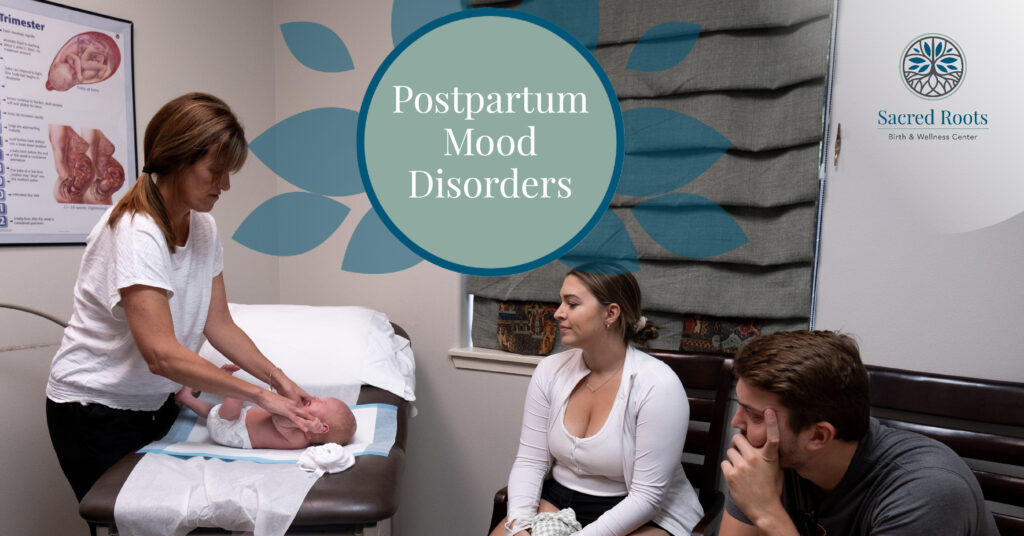Postpartum Mood Disorders
The postpartum period is a challenging time for mothers. Care and attention provided during this period can play a significant role in recovery.
Everything that comes with new motherhood, plus the hormonal switch in the body after delivery, can take a toll on the mother’s mental health. It can be challenging to navigate through this time without understanding and support.
Some Common Mood Disorders During Postpartum Period
Several mental health conditions may become more evident postpartum or may even be caused by it. These conditions include
Postpartum blues
Almost 85% of mothers may experience some degree of blues after birth. This is due to the change in hormonal levels.
Postpartum blues are seen as frequent crying, restlessness, and anxiety. These feelings are not too severe and usually self-resolve after 1-2 weeks.
Postpartum Depression
Postpartum depression is a more serious condition and affects one in five mothers after birth. It lasts for longer than three months and is characterized by more severe symptoms such as:
– Persistently low mood
– Anger and irritability
– Changes in routine
– Inability to eat or sleep
– Disinterest in daily activities
– Thoughts of self-harm or harming the baby
Depending on the severity of the condition, prompt medical attention is needed to address it before harm comes to the mother or baby or progresses to a more severe form, postpartum psychosis.
Anxiety
Anxiety is fairly common during postpartum. Mothers are constantly stressed about the baby, whether they’re doing a good job as a mother, if their baby is okay, etc.
Obsessive-Compulsive Disorder (OCD)
Anxiety around the baby’s care can often become an obsession. It can exhibit as frequently checking them for symptoms of sickness, constantly checking if they’re okay, or other such habits.
These conditions may range from mild to severe for different mothers. It’s essential to understand the severity as it may pose a risk of harm for the mother and baby if not addressed.
How Do We Manage It?
We start the conversation around mental health early on. While emphasis is often put on maintaining optimum physical health during pregnancy, we pay the same attention to mental health.
We make sure the mother feels heard and that she has the right amount of support needed to navigate through this time. We ensure that we are appropriately addressing it during pregnancy, as well.
We advise mothers to:
– Talk about how they feel during their prenatal appointments so we can suggest therapy or refer them to a psychiatrist if needed.
– Take the time to do things they love and things that are important for their mental peace.
– Think about hiring a postpartum doula for added support.
– Have a conversation with their partner, friends, and family about how they feel.
Like every mental health condition, timely addressing and managing the condition can significantly help people recover. So while it can be scary, we are here to help you prepare for any situation that may arise!



